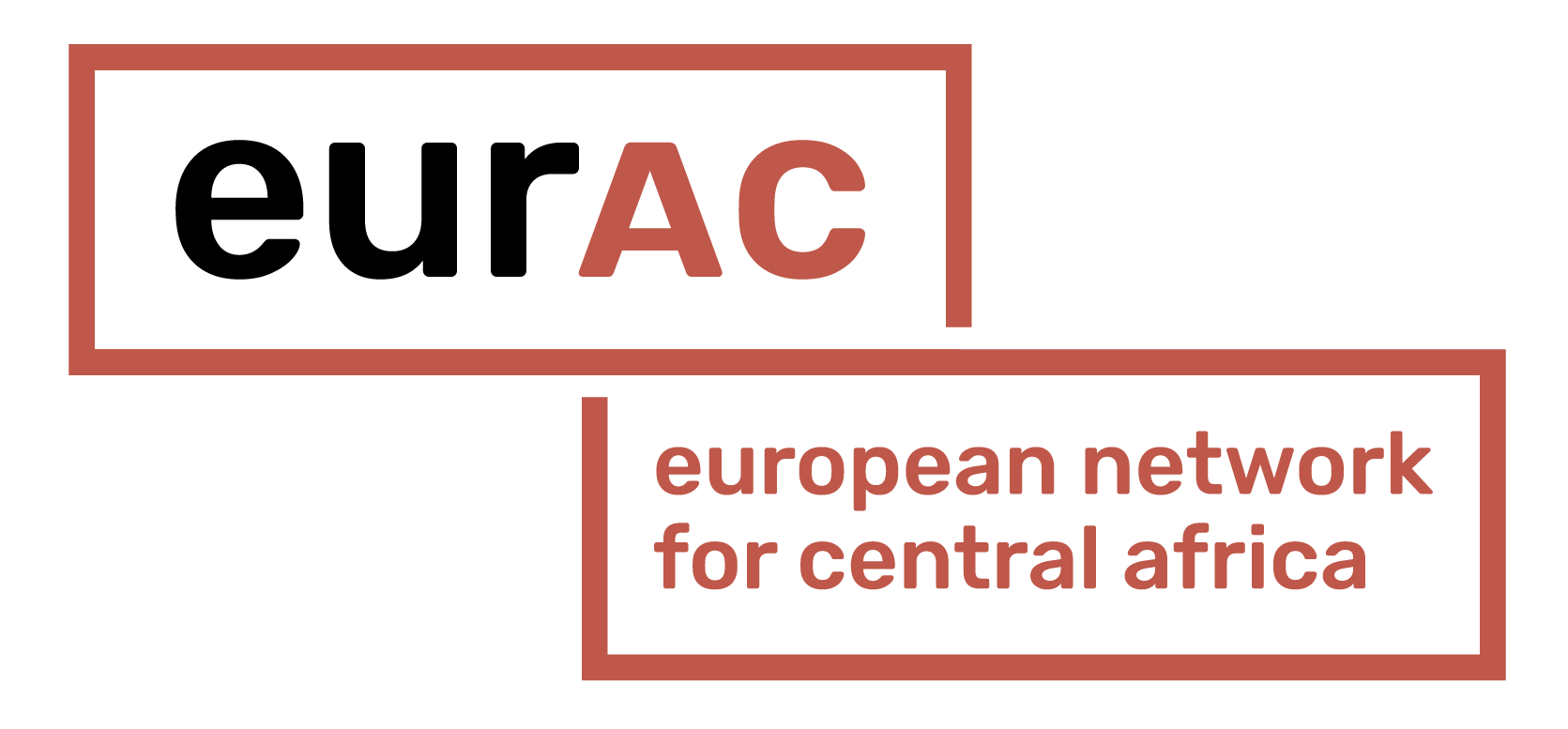[FR] Policy note on the signing of a memorandum of understanding on strategic minerals between the European Union (EU) and Rwanda
The announcement by the European Union (EU) of the signing of a memorandum of understanding on strategic minerals with Rwanda on 19 February triggered a wave of indignation within Congolese and European civil society. At a time when the countries of the Great Lakes region are facing a series of security threats that are jeopardising the future of the region's populations, the EU has been singled out for the ambiguity and contradictions of its political choices, further undermining its credibility with its partners and the Congolese people.

